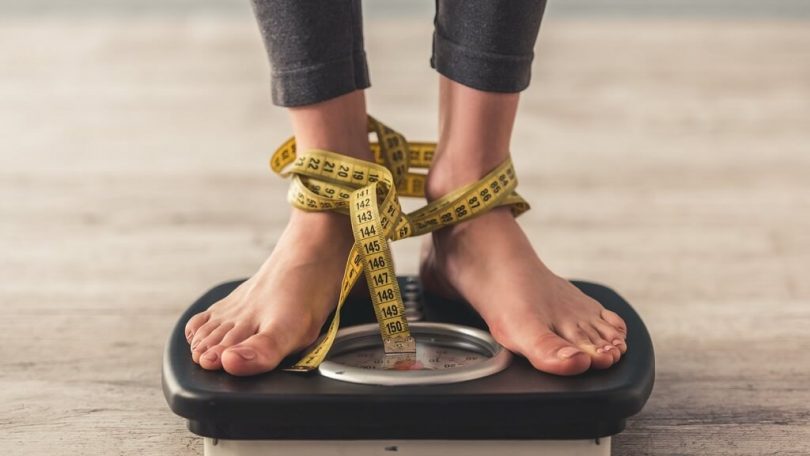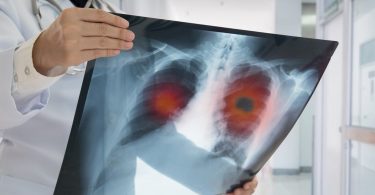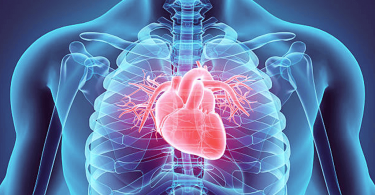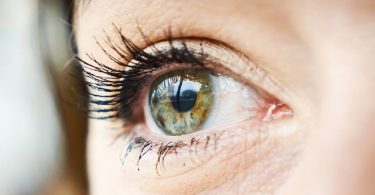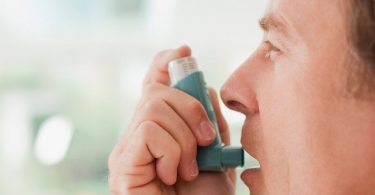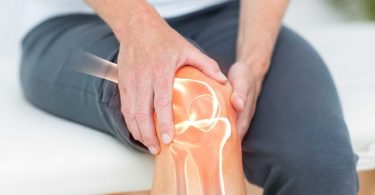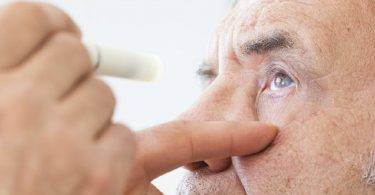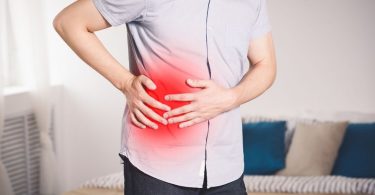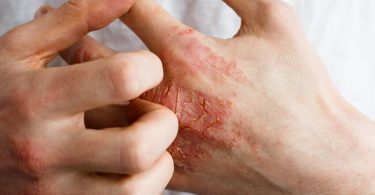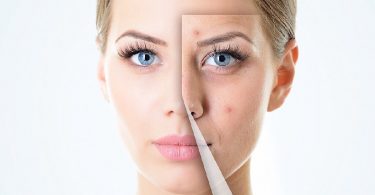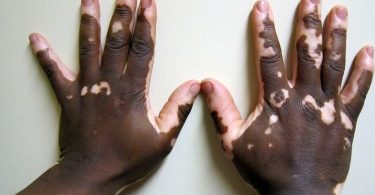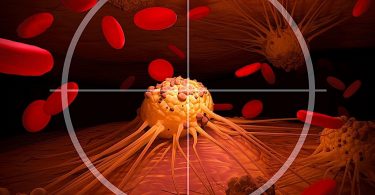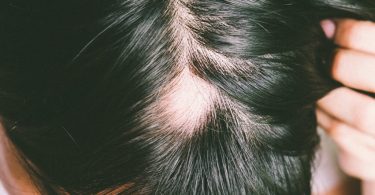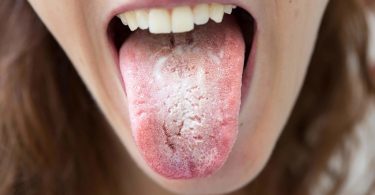In this article we will talk about : Bulimia causes, symptoms and treatment.
Contents
Bulimia definition
Bulimia is an eating disorder (ED), also, characterized by a pathological relationship to food and manifested by excessive ingestion of food, repeatedly and lastingly. It affects in general, adolescent girls and young women.
It corresponds to an uncontrollable need to fill the stomach with food for a very short time. For fear of gaining weight, the subject then seeks to eliminate the excess calories ingested. He often proceeds to:
- vomiting at the end of the crisis;
- absorption of a large quantity of laxatives and / or diuretics;
- significant dietary restrictions (anorexia).
People with bulimia nervosa are very concerned about their body shape and their weight, which is often normal, unlike the anorexic person.
The risks of bulimia
Bulimia is dangerous for the health of these young women. It involves risks, such as:
- dehydration;
- the appearance of dental disorders (erosion of the enamel caused by vomiting);
- scalp disorders (hair loss);
- stomach problems;
- disorders of the esophagus;
- amenorrhea (absence of menstruation);
- very heavy psychological consequences;
- gastric rupture or tearing of the esophagus in certain serious cases.
Bulimia causes
Generally, this eating disorder represents a rite or compensation (emotional, sexual). In fact, Bulimia soothes the person or gives him the impression of being appeased.
The bulimia access are uncontrollable, made secretly and often occur after stress.
The problem is often recognized and remorse is present (different in anorexia).
Bulimia symptoms
The characteristics of bulimia are:
– the absorption of food in large quantities and repeatedly;
– voluntary and chronic vomiting;
– taking excessive amounts of laxatives and / or diuretics;
– a weight within the limits of normal;
– the calculation of calories absorbed and an interest in the composition of dishes and food;
– excessive use of the scale;
– pay special attention to the slightest physical change;
– fear of getting fat;
– sadness, even depressive episodes.
Bulimia prevention councils
In order to prevent the onset of bulimia or its rapid progression, it is necessary to consult a specialist (psychologist, child psychiatrist) before eating disorders appear in an adolescent prey to discomfort.
Bulimia exams
When, there is any doubt about the appearance of bulimia in a loved one, consult a doctor.
Bulimia treatment
For the most part, the treatment of bulimia is based on:
- psychological follow-up (individual, family therapy or support group );
- nutritional monitoring of the person, so that they learn to eat again in a balanced way;
- taking a drug treatment based on antidepressants in certain cases;
- hospitalization, when the disorder becomes uncontrollable and the person no longer succeeds in stopping his crises of force-feeding and vomiting (he can make several of them per day). The person is isolated for some time from their family environment and a multidisciplinary team takes care of them (psychologist, nutritionist, dietitian, doctor, etc.). At the same time, she is finding new eating habits.
- homeopathy which can be effective in addition to suitable treatment.
Homeopathy
During bulimia, it can be useful to take:
– in case of obsession with food with associated weight loss: 3 granules 3 times a day Natrum muriaticum 9 CH, until healing;
– in the event of banal excess food: 3 granules 3 times a day of Antimonium crudum 9 CH;
-after an annoyance, in case of nervous hunger : 3 granules 3 times a day of Ignatia amara 9 CH.

